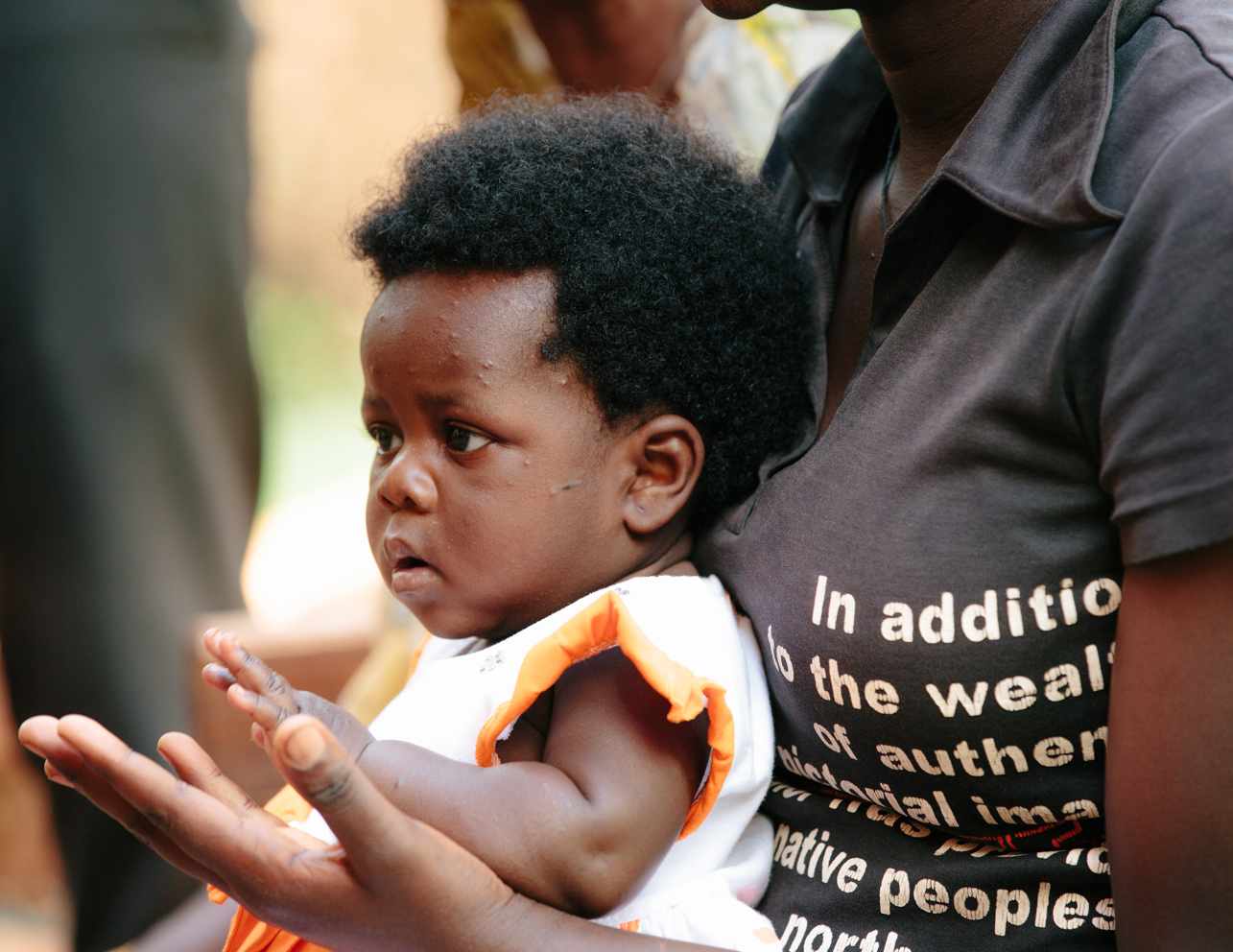In the aftermath of what happened on Friday in Newtown, Connecticut
at Sandy Hook Elementary School, all of us are asking questions. As I’ve
watched this horrific story unfold, amid outbursts of tears and
sadness, my mind has also been overwhelmed with a multitude of thoughts
that begin with the words why, how, where, and what. Senseless violence
should make us ask questions. It’s necessary for us to process these
types of happenings with a solemn-filled curiosity for how things should
be, could be, would be if…
And that’s where the questions begin
to overwhelm us. Because our answers to the questions don’t always
match. And because some of us are more fearful of the answers than we
are of the questions. Many of think that there are no answers. And let’s
face it; seeking answers to our questions can be exhausting because
often the search for answers only leads to more questions. And it’s easy
to get lost in the questions.
As a person of faith, a couple of
the questions I keep asking myself are these: In light of the Newtown
tragedy, how can America’s evangelical churches help to challenge and
change our culture’s violent trend? And if we really want to help, are
the doctrines and beliefs that we promote relevant or helpful to being a
part of the solution?
Big questions, I know. But we’re used to
asking big questions. Asking big questions is what we do. How we answer
those big questions defines who we are and how useful we can become in
helping pave a more peaceful future.
Which is why, right now, amid
the pain, confusion, and heartbreak that our country is feeling and
processing, we (as in America’s evangelical churches) should be asking
lots of questions. And we should be asking these questions now, while
we’re still in the emotional shadows of Friday’s shooting.
While
the list of questions we should be considering is long and tedious, here
are four inquiries that I believe should be on every evangelical
church’s list.
1) Does our current approach and understanding of mental health issues promote true (and proven) wellness and healing?
While
many evangelical churches have made great strides in how they talk
about and help those with mental health problems, the sad fact is that
many churches still approach the topic of mental health with archaic
understandings of the issues at hand and often treat subjects as being
spiritually sick as opposed to being mentally sick. In some evangelical
churches, those who counsel church members are often untrained and too,
unable to recognize (let alone diagnose and treat) many or most mental
health concerns. Spiritual methods of treatment have their place, but
this is only true if the church counselors rendering such methods are
trained, licensed, and realize their limitations.
If a church
wants to become a part of a solution, it must assess how it currently
handles situations involving the mentally ill. This includes its
approach to counseling and its preferred treatment methods. In some
churches, its doctrine or statement of faith disregards the science of
mental health mental and the use of medications as treatment.
If
evangelical churches desire to become a part of a solution to curb
violence in our culture, we need to change (update) how our we approach
mental health and wellness. And that includes becoming educated,
realizing our limitations, and working in conjunction with medical
communities in helping people find healing.
2) Are we pro gun to a fault?
Far
too many evangelical churches promote the freedom to bear arms like
it’s mentioned in the Beatitudes. And in case you’re wondering, it isn’t
mentioned in the Beatitudes. Supporting the Second Amendment is one
thing, rallying for the freedom to purchase and own assault rifles is
quite another. Over the last few days, some of the loudest, and most
obnoxious “guns don’t kill people, people kill people” rants have come
from the mouths of conservative evangelicals. Being pro “gun control”
does not equal being “anti gun”.
When the Second Amendment was
written, its author–James Madison–never expected that people would be
able to own and operate guns with the ability to shoot 100 rounds or
more. The guns Madison owned shot once and then needed reloading, which
wasn’t an easy process. That’s a far cry from the gun that was used to
kill 26 people on Friday.
Many of us in the evangelical
communities treat the Second Amendment like it’s one of the Ten
Commandments. And there’s simply no theological rhyme or reason for our
love affair for guns. No, gun control is not the complete answer. Very
few believe it is. But putting limitations on gun ownership is a part of
the answer. And we in the evangelical church–even those of us who hunt
or own shotguns–should rally behind this (or at the very least, not
rally against it).
America is far too fascinated with guns. And
sadly, most evangelical churches have aided in helping create and
promote our gun-loving culture.
And if we truly put our trust in
God as opposed to things like chariots, horses, or automatic assault
rifles, then why are so many of us a part of churches that promote “God
& Guns” as if the two entities are equals?
3) Are we equipped for helping “the outcasts”?
The
few people who have spoken about their knowledge of Adam Lanza describe
him using words like “shy”, “a loner”, “quiet”, and “troubled”. One
person I heard interviewed used the word “ordinary”. How many people do
you know in your church who could be described using the same words as
those that have been used to describe Adam? While the majority of shy,
quiet, ordinary, troubled loners never even think about committing a
multiple murder, I can’t help but think about all of the Adam-like
people I’ve known in my life.
Most of the loners I’ve known, I’ve
met in a church. I suppose this is true because people come to church
hoping to find peace, community, help, and love. Oftentimes, the loners I
know would stick around for six months or so and then disappear.
One
loner I knew was named Don. Like Adam is described, Don was a strange
bird, rarely fit in with the other kids in the youth group, and had a
fascination with war, guns, and killing things. After leaving for
college, I lost touch with Don. In fact, I mostly forgot about him (or
didn’t think about him) for nearly 18 years. Three years ago I found one
of his siblings on Facebook. And at some point I asked about Don. “Oh,”
his sister said, sighing, “Don committed suicide in 2006.”
I gasped. Because that’s what you do when you learn news like that. But sadly, I wasn’t surprised. I was sad. But not surprised.
Are
we (the evangelical church) good at helping outcasts? We’re often great
at helping jocks and princesses plug in. But what about the unpretty,
unpopular, unfriendly few? Can our gospel help them? And my question is
serious. Because even though most outcasts will never commit murder or
suicide, most evangelical churches aren’t known for helping the loners
find hope. In fact, we often suck at it.
A few years ago I was
speaking with a youth pastor friend of mine about his ministry goals. He
said, “I try to reach the popular kids first. Because popular kids help
me reach other kids.”
That got me thinking. How many of our
evangelical programs are set up with the “popular” in mind? How many
outcasts slip through the system because reaching them doesn’t earn more
attendees and is usually time consuming?
So again, consider the question: Are we equipped to reach our culture’s loners?
4) Are we actively pursuing being people of peace?
Evangelical
churches use the word “peace” a lot, especially around holidays like
Christmas and Easter. But do we pursue peace? Do we promote peace? Do we
believe that peace is a possibility?
Peace is one of those ideals
that evangelical churches love to talk about but often struggle to know
how to define it, create it, or engage it? (It’s sort of like “hope” in
a lot of ways–we are great at talking about it, but are somewhat
clueless when it comes to knowing how to “live it”.) And in regards to
peace, many churches seem to almost work against it.
Yesterday, I
heard one of Nashville’s evangelical pastors being interviewed on the
radio about the shooting. “What happened on Friday in Newtown is not
about guns! Liberals are going to try and use this to take all of our
guns away. But that’s crazy liberal logic!”
Many of his statements
were passive aggressive, involved finger pointing, or blamed Supreme
Court decisions from the 1960s. But what struck me more than anything
was how unpeaceful his words sounded. Most of his statements didn’t
promote unity or care, but rather sounded as if he was on one side and
the audience he was talking about was on the other.
I couldn’t
help but compare what the pastor said to what I heard a local rabbi say
the day before. “Events like these should encourage us to reflect on our
own lives… to shed light on how we might change to help bring peace to
our corners of the world.”
Some evangelical churches need to
realign themselves with the words of Christ, words that push us to be
peacemakers. Too often, rather than being in a position of peacemaking,
we evangelicals make statements and take stands that create more
scenarios where a peacemaker is necessary.
Americans are asking a
lot of questions. Yes, some of the questions are being sparked by
emotions, but that doesn’t make them any less relevant or needed. These
questions will hopefully lead to a national conversation regarding the
widespread violence that seems to be trending in our culture.
Like
all Americans, those of us who belong to evangelical churches are
brokenhearted over what occurred in Newtown. May our broken hearts lead
us to ask the difficult questions. But as our tears dry, will we be
brave enough to begin framing together honest answers to the questions
we have asked?
Because evangelical churches can (and must) play a
role in helping stop this current trend of violence in our culture. But
before many of us can be a part of the solution, we must first assess
how the beliefs, doctrines, and practices of our churches might be a
part of the problem.
We must ask hard questions.
We must be brave enough to seek out the answers.
And then, where necessary, we must make changes.
Because we may or may not be a part of the problem, but we can most definitely work toward being a part of the solution.
Viagra is for the treatment of inability to get or keep an hard-on and similar states when erection is of low quality. When you buy remedies like cialis from canada you should know about cialis online canada. It may have a lot of brands, but only one ATC Code. Erectile dysfunction, defined as the persistent impossibility to maintain a satisfactory hard-on, affects an estimated 15 to 30 millions men in the America alone. Sexual soundness is an substantial part of a man’s life, no matter his age etc.




